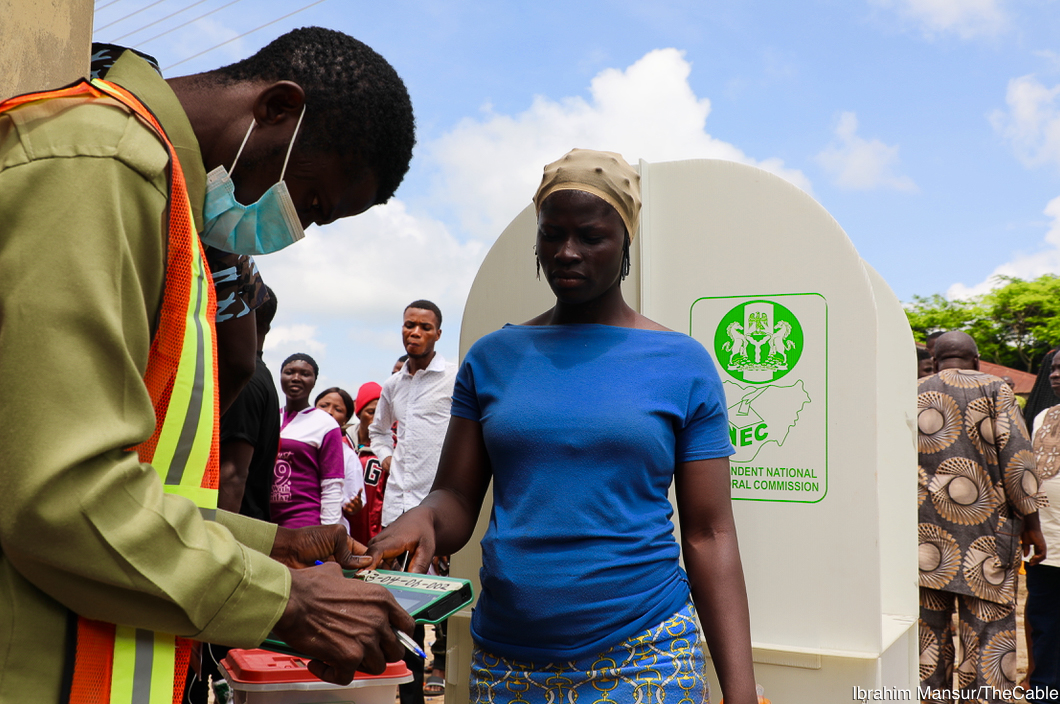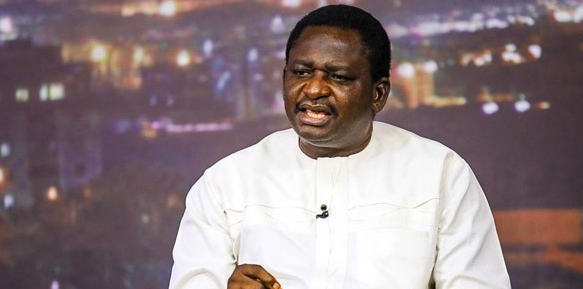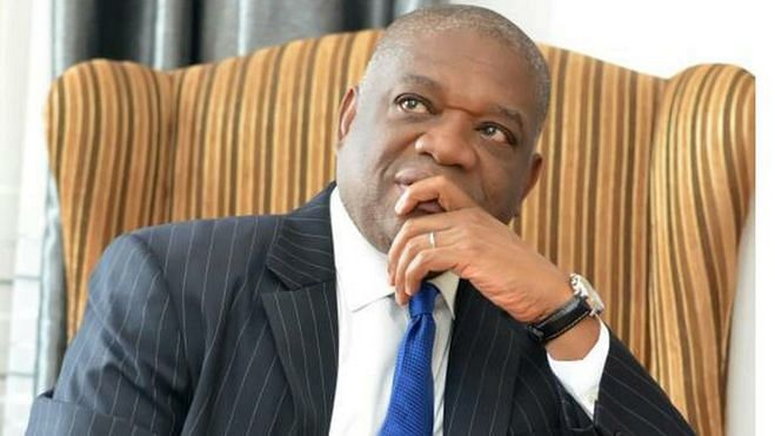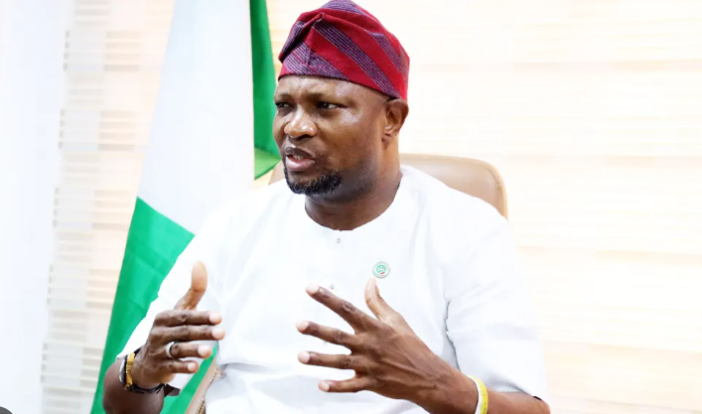A viral leaked intelligence by the United States has claimed some officials of the Independent National Electoral Commission (INEC) were aware that some bimodal voter accreditation system (BVAS) machines used for the presidential election were faulty.
INEC had introduced BVAS to accredit registered voters and transmit election results to the commission’s result viewing portal from the polling units.
But the initiative did not live up to expectations as there were instances where the BVAS malfunctioned during the election held on February 25.
The leaked documents, classified as “top secret” and seen by TheCable, claimed the Department of State Services (DSS) knew some of the BVAS machines were malfunctioning prior to the election.
Advertisement
“Nigerian Department of State Services (DSS) assistant director for the communications intelligence department Usman Sani on 19 February recounted to DSS Director-General Yusuf Bichi that INEC deputy director of Information and Communication Technology Lawrence Bayode earlier that day revealed to probably INEC principal engineer Victor Igboh that some BVAS devices began malfunctioning prior to being sent out to their designated locations,” the document claimed.
The document further claimed Victor Igboh, INEC’s principal engineer, revealed that the majority of BVAS devices stored at Rivers INEC headquarters malfunctioned due to “swollen batteries”.
Igboh was also said to have raised concerns that the situation could affect the presidential election if not quickly remedied.
Advertisement
The document was among several leaked US classified information which hit the internet in March. The country has not confirmed the authenticity of the documents.
Reuters reports that Pentagon, alarmed by the disclosure of the sensitive documents, has referred the matter to the US Department of Justice for criminal investigation and launched an “interagency effort” to assess the impact of the leak.
CNN says US officials confirmed the authenticity of some of the documents, which exposed the extent to which the country tracks its key allies and foes.
Festus Okoye, INEC’s commissioner for information and voter education, and Peter Afunanya, DSS spokesperson, did not respond to calls and text messages seeking comment on the viral documents as of the time of this report.
Advertisement
Add a comment






